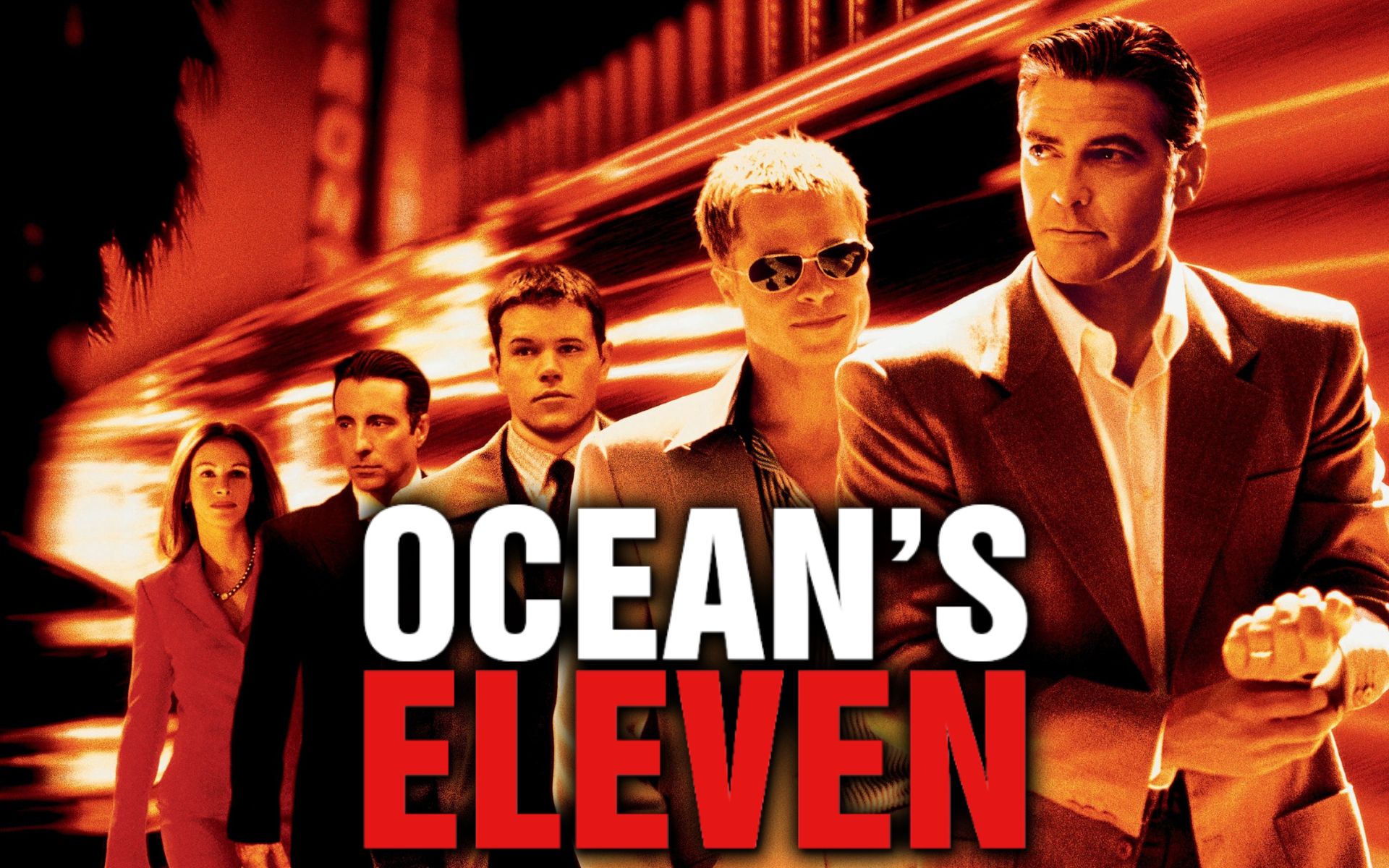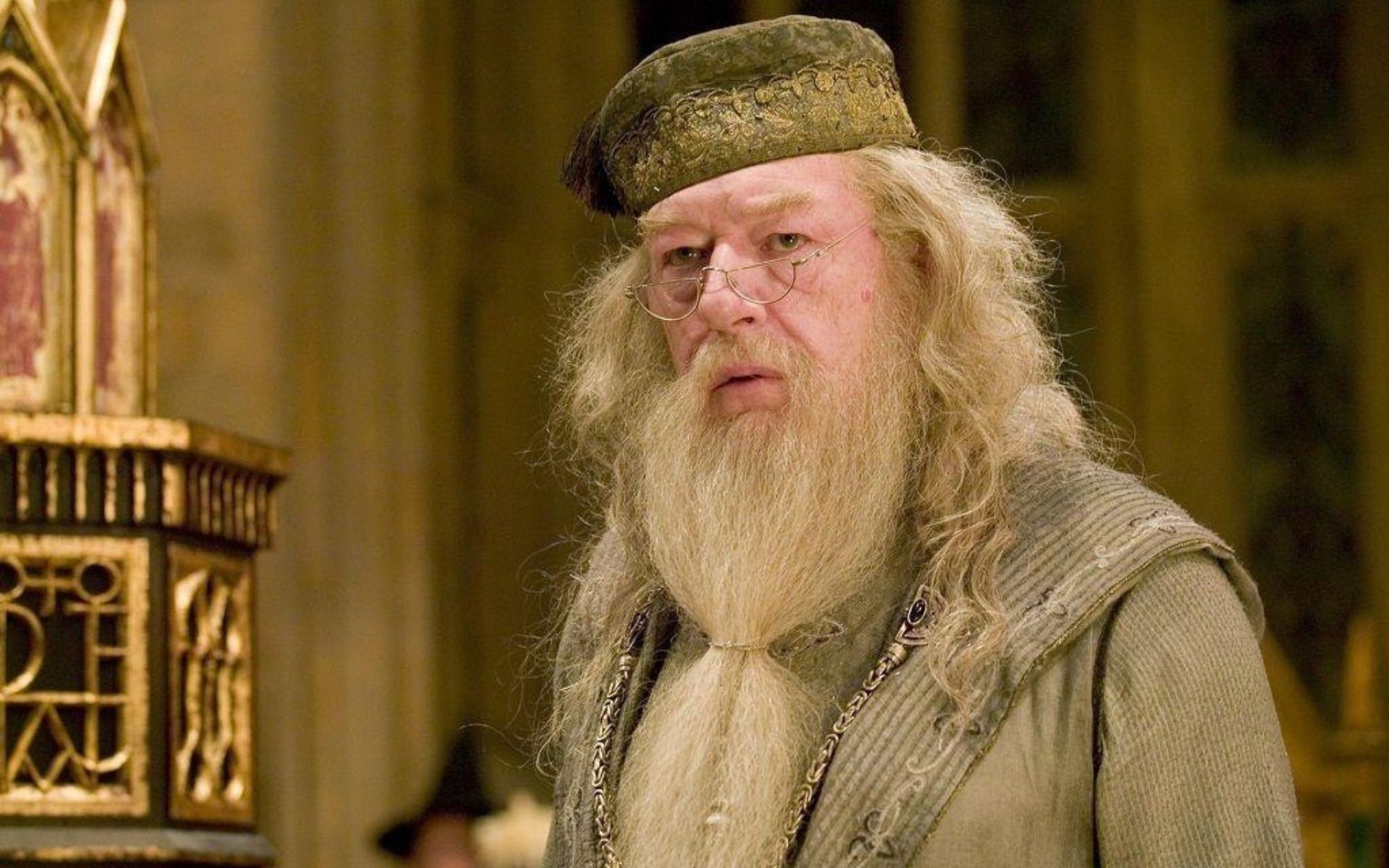2024 brought with it a resurgence of religious terror. About a supernatural conspiracy within the walls of a monastery in Irreproachableto the figure of the Antichrist in First prophecy. The truth is that spirituality, as the basis for the most frightening stories, has regained its importance. HereticDirecting duo Scott Beck and Brian Woods take up the baton with an even more twisted premise. This is, moving away from any paranormal phenomena, to focus on what a crisis of faith entails. Something that allows the film to explore the complex territories of dogma and concepts of the mystical.
In particular, delving into the nature of religious beliefs. The script, which was also written by its directors, centers on Sister Barnes (Sophie Thatcher) and Sister Paxton (Chloe East), two missionaries for The Church of Jesus Christ of Latter-day Saints. Both try to preach the Bible scriptures in a small town, but without much success. Until they meet Mr. Reed (Hugh Grant), who seems more than willing to listen to them. But what begins as an obvious act of genuine intellectual interest leads them into a deadly trap. All when Reed kidnaps them and subjects them to a series of brutal tests based on doubts about religion. And what both must go through to save their lives.
With a similar argument, Heretic avoids clichés about belief-based films. Something that allows you to focus on the reason why someone believes in a certain dogma or religious system. A decision that makes the film one of the most interesting in 2024. To explore his intriguing take on horror, we leave you with three reasons to watch Heretic. From his unusual perspective on topics such as divinity and the sacred to his cleverness in posing dilemmas. The film shows that until now There’s a lot to be said about the place of religion in the world of horror.
A different view of the divine and good
When deciding to stay away from unexplained or paranormal events, Heretic It focuses entirely on a person’s ability to believe. A twist that takes the premise into the realm of questioning the reason behind the belief in the existence of divinity or even a spiritual world. He therefore spares no effort to show that religion is an imperfect human creation and is subject to possibilities. be questioned from all points of view.
Reed uses the contradictions and blind spots of any text considered sacred, and in particular the Bible, to question the belief in an immaterial force. Step by step, preachers must accept the possibility that everything they believe is a collection of imaginary facts. At best impossible to prove or turn into a form of direct manipulation.

Heretic is not shy about raising the issue that each religion reinterprets elements of what it considers sacred as it sees fit. Moreover, this use of philosophical tools and even the widespread use of religion as a moral system is a form of large-scale deception. The film shows the protagonist questioning the victims until he transports them into a realm of pure uncertainty. And this is with a violent strategy: the only way to stay alive is divine intervention. In other words, the alternative is to die or let God stop Reed from killing his victims.
A villain with a brilliant intellect

For this occasion, the director-writer duo introduced a villain who is much more than just a killer (which he is) or just a sadist who enjoys suffering. Mr. Reed is a man who knows religion inside out, can quote entire passages from the Bible, and is also capable of deep philosophical debate. A set of capabilities that the tape turns into its best weapon.
And while he’s a classic horror movie villain at heart, Hugh Grant imbues his character with a calculating thesis skill that makes him unique. Therefore, his best scenes are those that make it clear that religion is a form of power and support his point through cold logic. The argument then becomes that the death trap into which the preachers are caught also include his failure to refute Reed’s arguments.

From organized dogmas to questionable behavior of priests and believers. Hugh Grant’s villain goes through all the shortcomings and mistakes of religion with obvious delight. In particular, when he discovers that his victims are unable to refute the positions he puts forward, although their lives depend on it. So part of Reed’s strength lies in his intelligence and eloquence. A point of view of evil that is very rare in horror films.
A Different Approach to Fear

In the absence of ghosts, mysterious events, or monsters ready to kill, the plot Heretic focuses on the atrocities that anyone can commit. An idea that becomes increasingly darker as it becomes apparent that Reed, despite all his cruelty and violence, is not actually crazy. At least he understands the evil and seriousness of the atrocities he commits. But he doesn’t regret anything and doesn’t sympathy for their victims.
Subscribe to Hypertext daily newsletter. Get the most important, up-to-date information on technology, science and digital culture delivered to your inbox every day.
Step by step, Reed will demonstrate that the evil raised in the film goes beyond an abstract idea. The twist becomes even more poignant when every act of violence by the character is meant to demonstrate that humanity is the worst executioner. What is even more difficult is that there is no other type of evil than that which can be caused by man. The saddest message Heretic leaves behind himself.
Source: Hiper Textual














